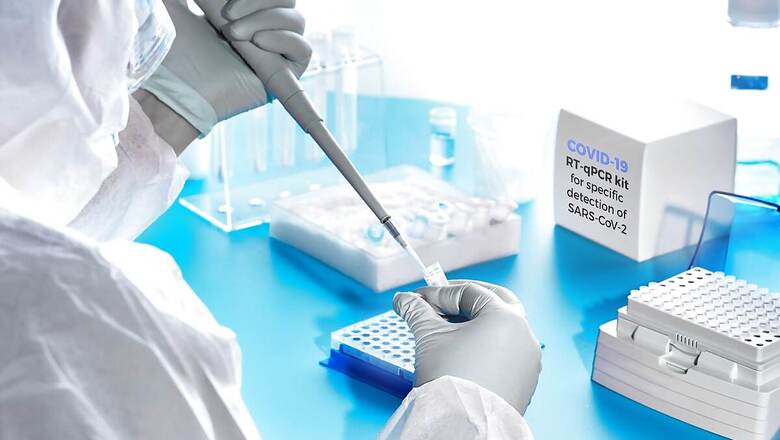
views
The Covid-19 pandemic that has been tormenting the world since late 2019 is not going away anytime soon. The virus’s ability to mutate is one of the primary reasons for its long-term effect. SARS-CoV-2, like other viral infections, may evolve quickly and adapt to become more infectious, spread quicker, and undermine vaccine-induced or natural protection as has been witnessed during the second wave of the virus.
The new variety is the consequence of a mutation in the already existing coronavirus strain known as ‘Delta,’ also known scientifically as B.1.617.2. The Delta variation was initially discovered in India, but in recent months, it has been discovered to spread at a quicker pace in other nations.
The new strain Delta Plus contains a K417N mutation in its spike protein, which has been formally designated B.1.617.2.1. According to media reports, the first sequence of this type was discovered in Europe in March 2021.
The spike protein, an important component of the coronavirus, stimulates the virus’s entrance into human cells and the causes infection. Although despite Delta variant’s high frequency, its transmission in India has been determined to be quite limited.
How far has it spread?
As of June 7, 2021, there were 63 verified Delta Plus genomes, according to Public Health England. According to GISAID, these are from Canada, Germany, Russia, Nepal, Switzerland, India, Poland, Portugal, Japan, and the United States. The variation has been found in six genome specimens from India, with the UK having the most cases (36).
The National Chemical Laboratory (CSIR-NCL) is now studying the Ratnagiri and Sindhudurg specimens to determine the presence of the Delta Plus variation. These two regions specifically have the highest proportion of active infections in India.
Impact and Treatment
Experts are currently attempting to figure out how this novel variation affects illness development and if it causes severe COVID-19 infection. However, preliminary findings suggest that this novel variation may be resistant to monoclonal antibody cocktail treatments for COVID-19. The therapy, which was recently approved in India, consists of a combination of two drugs: casirivimab and imdevimab.
Some assertions imply that the new variety may be able to evade the coronavirus’s immune reaction, but the evidence is insufficient to draw that conclusion. Furthermore, specialists are working to understand numerous other characteristics of Delta Plus, including transmission, infectivity, and resistance to vaccinations.
Read all the Latest News, Breaking News and Coronavirus News here.




















Comments
0 comment